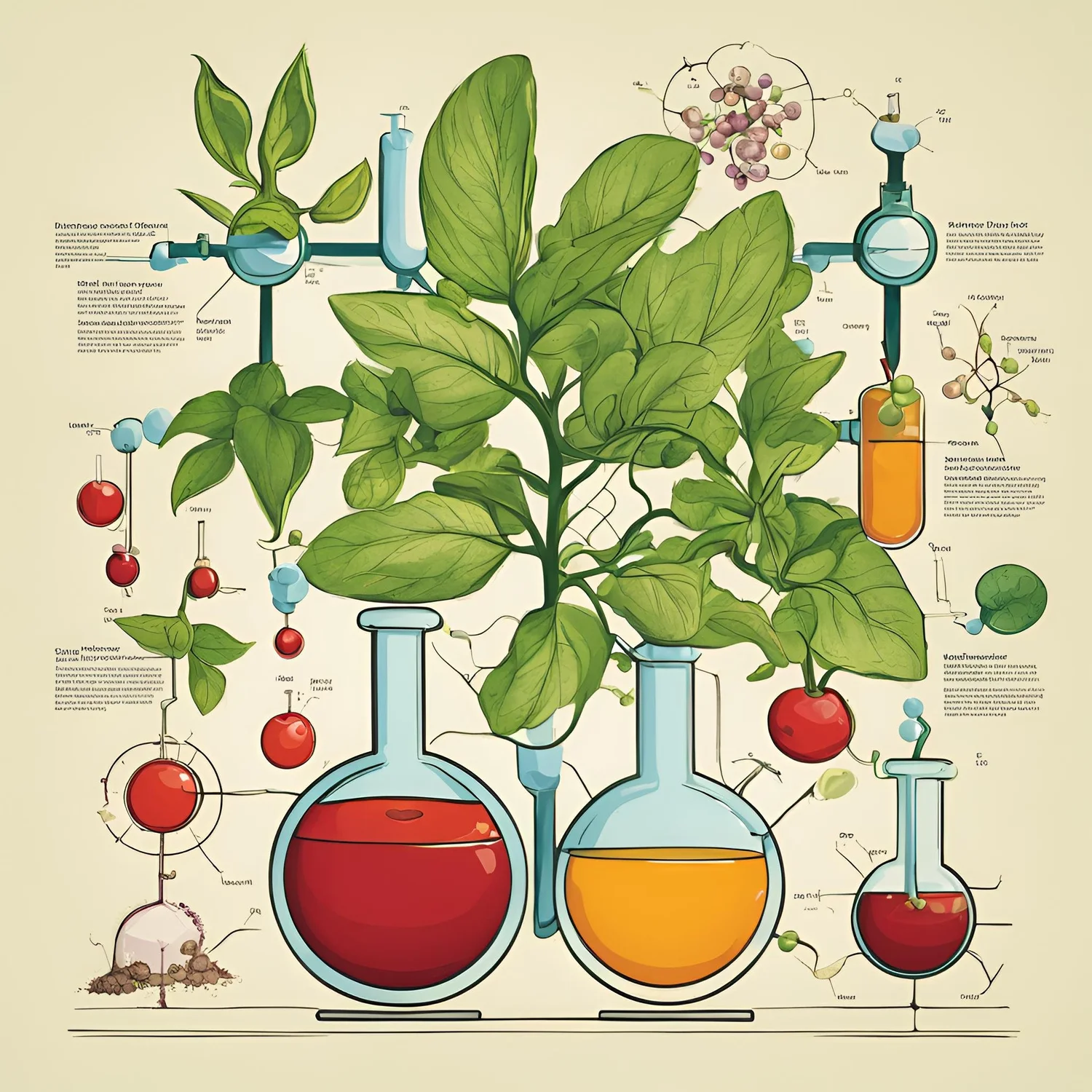Taurine: A Simple Nutrient with Big Health Benefits
You’ve probably seen taurine listed on the back of energy drink cans, but what exactly is it—and is it actually good for you?
As it turns out, taurine isn’t just some flashy ingredient in sports drinks. It’s a naturally occurring nutrient in your body, and scientists are finding that it may play a big role in helping you stay healthy as you age.
Let’s break it down.
🧠 What Is Taurine?
Taurine is a type of amino acid—think of it like one of your body’s little helpers. You make a bit of it naturally, but you also get it from foods like fish, meat, and dairy.
Taurine helps your body:
Keep your heart and brain running smoothly
Protect your cells from damage
Digest fats properly
Support your immune system
Stay energized and focused
✅ How Taurine Can Help You
1. Supports Blood Sugar and Energy
If you have high blood sugar or struggle with energy crashes, taurine might help. In several studies, people with type 2 diabetes who took taurine had better blood sugar levels and felt more balanced throughout the day.
2. Good for Your Heart
Taurine can help lower blood pressure, reduce cholesterol, and keep your blood vessels healthy. One big study found that people who took taurine regularly had healthier hearts and fewer risk factors for heart disease.
3. Helps You Age Better
Taurine acts like a bodyguard for your cells, fighting off damage from stress, pollution, and aging. In animal studies, taurine even helped mice live longer and stay stronger in their later years.
In one study on women in their 50s and 60s, those who took taurine had higher levels of important antioxidants, which help keep your body young and your mind sharp.
🦠 The Gut Connection
Taurine also plays a big part in gut health. It helps your body digest fats and keeps your gut bacteria in check. Some bacteria even use taurine to make substances that help stop harmful germs from taking over.
In other words, taurine helps train your gut to defend itself—like giving your microbiome a black belt in karate.
💊 Is It Safe to Take?
Yes—taurine is safe when used properly.
Most studies use doses of about 1.5 to 3 grams per day, which is about one small scoop of powder or a couple of capsules. You can find taurine as a standalone supplement or in combo products.
The European Food Safety Authority says up to 6 grams per day is safe for healthy adults. Still, if you have a heart condition, kidney issues, or take medications, talk to your doctor first.
🥩 Where Can I Get Taurine?
Foods: You’ll find taurine in meat (especially dark poultry), fish (like tuna and scallops), and dairy.
Supplements: If you don’t eat much animal-based food, a supplement might be a good idea—especially for vegetarians or vegans.
💬 Final Word
Taurine may not be as trendy as collagen or vitamin D, but it’s quietly proving itself to be one of the most useful nutrients around. It supports your heart, brain, metabolism, gut, and more—especially as you get older.
And the best part? It’s affordable, easy to take, and backed by real science.
Note: This post is for informational purposes and not medical advice. Always check with a healthcare provider before starting any new supplement.
Selected References
Singh, P., Gollapalli, K., Mangiola, S., Schranner, D., Yusuf, M. A., Chamoli, M., ... & Yadav, V. K. (2023). Taurine deficiency as a driver of aging. Science, 380(6649), eabn9257.
Santulli, G., Kansakar, U., Varzideh, F., Mone, P., Jankauskas, S. S., & Lombardi, A. (2023). Functional role of taurine in aging and cardiovascular health: an updated overview. Nutrients, 15(19), 4236.
McGaunn, J., & Baur, J. A. (2023). Taurine linked with healthy aging. Science, 380(6649), 1010-1011.
Ho, K. M., Lee, A., Wu, W., Chan, M. T., Ling, L., Lipman, J., ... & Wong, M. (2023). Flattening the biological age curve by improving metabolic health: to taurine or not to taurine, that’s the question. Journal of geriatric cardiology: JGC, 20(11), 813.
Barbiera, A., Sorrentino, S., Fard, D., Lepore, E., Sica, G., Dobrowolny, G., ... & Scicchitano, B. M. (2022). Taurine administration counteracts aging-associated impingement of skeletal muscle regeneration by reducing inflammation and oxidative stress. Antioxidants, 11(5), 1016.
Ito, T., & Murakami, S. (2024). Taurine deficiency associated with dilated cardiomyopathy and aging. Journal of Pharmacological Sciences, 154(3), 175-181.
Rais, N., Ved, A., Shadab, M., Ahmad, R., & Shahid, M. (2023). Taurine, a non-proteinous essential amino acid for human body systems: an overview. Arab Gulf Journal of Scientific Research, 41(1), 48-66.
Calabrese, E. J., Pressman, P., Hayes, A. W., Kapoor, R., Dhawan, G., Agathokleous, E., & Calabrese, V. (2024). Taurine induces hormesis in multiple biological models: may have transformative implications for overall societal health. Chemico-Biological Interactions, 110930.
Faghfouri, A. H., Seyyed Shoura, S. M., Fathollahi, P., Shadbad, M. A., Papi, S., Ostadrahimi, A., & Faghfuri, E. (2022). Profiling inflammatory and oxidative stress biomarkers following taurine supplementation: a systematic review and dose-response meta-analysis of controlled trials. European Journal of Clinical Nutrition, 76(5), 647-658.
Sheikh, A., & Iqbal, M. (2023). Taurine as a potential anti-ageing therapy: The key to reversing the ageing process? Short communication. Annals of Medicine and Surgery, 85(7), 3759-3760.
Qian, W., Li, M., Yu, L., Tian, F., Zhao, J., & Zhai, Q. (2023). Effects of taurine on gut microbiota homeostasis: an evaluation based on two models of gut dysbiosis. Biomedicines, 11(4), 1048.
Duszka, K. (2022). Versatile triad alliance: bile acid, taurine and microbiota. Cells, 11(15), 2337.
